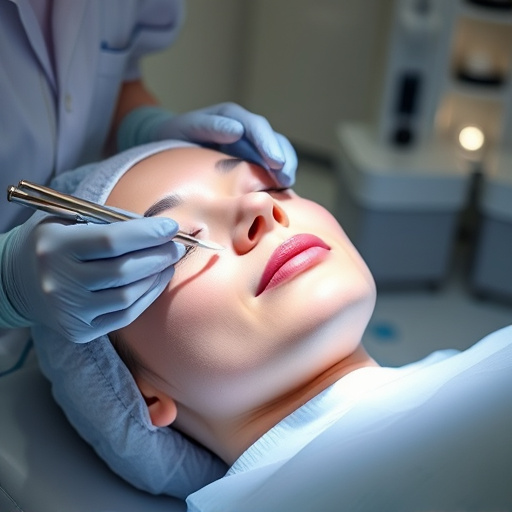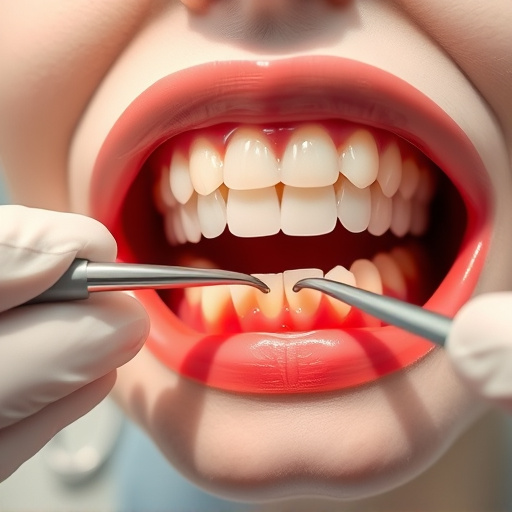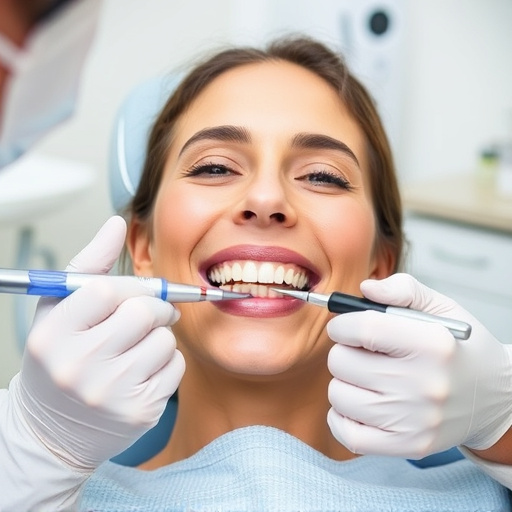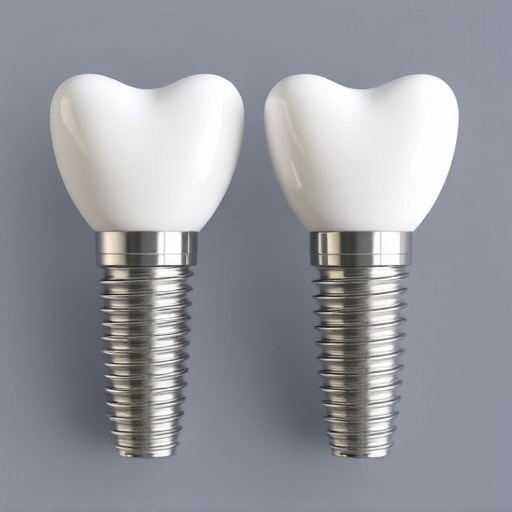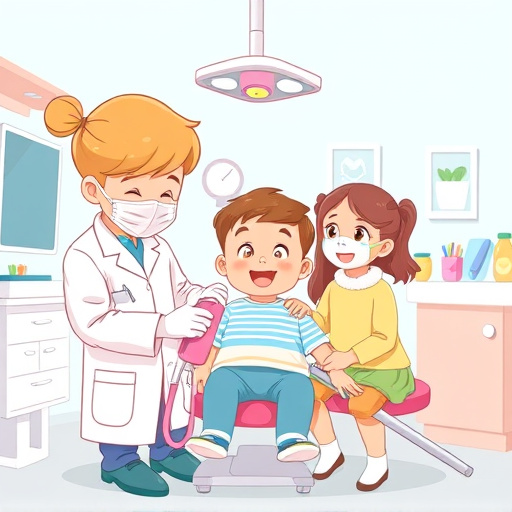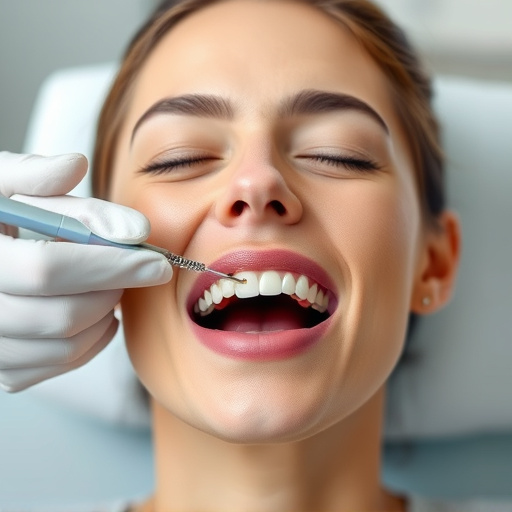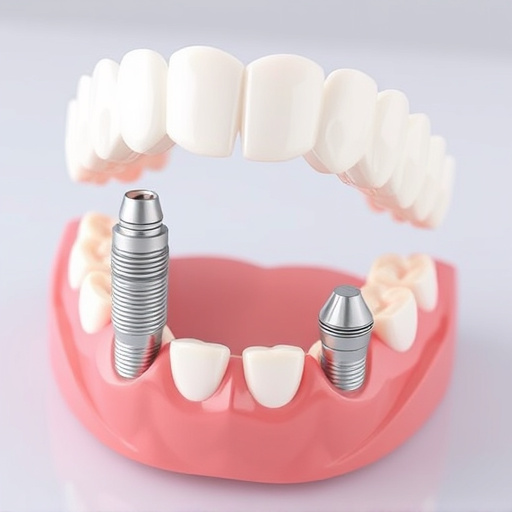A gum health evaluation involves a comprehensive assessment of gums and periodontal tissue to detect diseases like gingivitis and periodontitis. Regular follow-up appointments are crucial for monitoring oral health, preventing severe gum disease, and preserving tooth integrity through proactive dentistry measures and patient education on proper oral hygiene practices. Optimal gum health is achieved through regular dental check-ups, periodic evaluations, and simple habits like flossing and using fluoride toothpaste.
Gum health evaluation is a crucial aspect of comprehensive oral care, focusing on the diagnosis and prevention of periodontal disease. This article delves into the essentials of routine follow-up scheduling, providing insights for dental professionals. We explore basic evaluations, including risk assessments and clinical examinations, and emphasize the importance of consistent check-ups. Additionally, we offer guidance on creating effective follow-up plans, best practices for oral hygiene, and strategies to promote long-term gum health, ultimately enhancing patient outcomes.
- Understanding Gum Health Evaluation Basics
- Components of an Effective Follow-Up Schedule
- Best Practices for Maintaining Oral Health
Understanding Gum Health Evaluation Basics
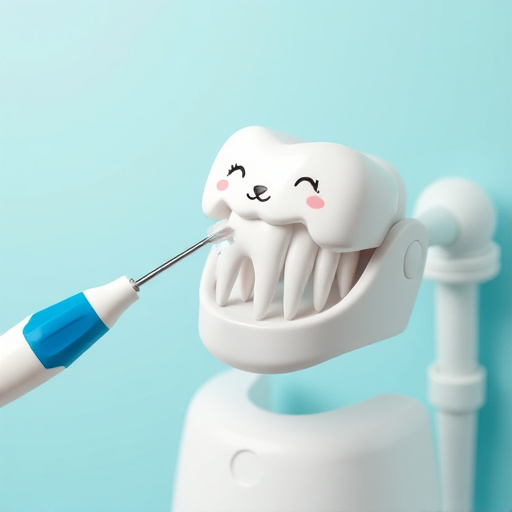
A gum health evaluation is a comprehensive assessment that goes beyond merely checking for cavities. It involves examining the gums and surrounding structures to identify any signs of gum disease, such as gingivitis or periodontitis. During this process, dental professionals inspect factors like gum inflammation, bleeding, swelling, and pockets formed between teeth and gums. By thoroughly evaluating these aspects, they can determine the overall health of the periodontal tissue.
Regular follow-up appointments are crucial for maintaining optimal gum health. These visits allow dentists to monitor any changes in the gums over time and implement preventive dentistry measures. Should issues like tooth extractions become necessary due to severe gum disease or damage, a proactive approach through routine evaluations can help mitigate such outcomes.
Components of an Effective Follow-Up Schedule
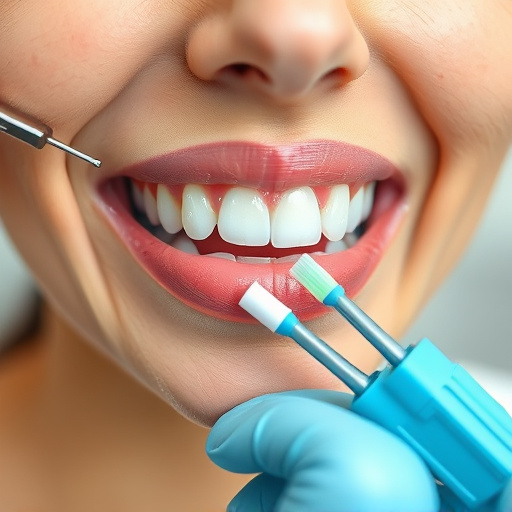
An effective follow-up schedule for gum health evaluation is a cornerstone of comprehensive dental care, ensuring that patients receive sustained guidance and support post-treatment. Key components include regular check-ins at intervals tailored to individual needs, during which dentists can closely monitor any changes in oral health, particularly focusing on gum inflammation and potential disease progression.
Through these routine visits, general dentistry professionals can promptly address issues like gingivitis or periodontitis, often preventing the need for extensive tooth repair procedures, including cosmetic fillings. By integrating education about proper oral hygiene practices, patients are empowered to maintain their gum health between appointments, thereby fostering a proactive approach that complements the initial gum health evaluation and treatment plan.
Best Practices for Maintaining Oral Health
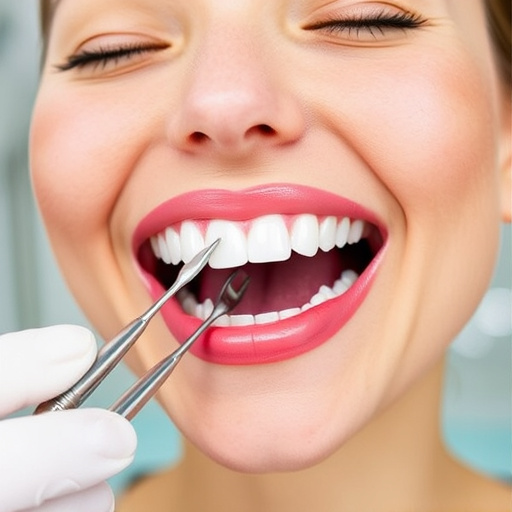
Maintaining optimal gum health is a cornerstone of any comprehensive oral care routine. Regular dental check-ups, often integrated with periodic gum health evaluations, serve as best practices for safeguarding your mouth against periodontal disease. During these visits, a general dentistry professional can detect early signs of inflammation or infection, allowing for prompt intervention. This proactive approach not only preserves gum integrity but also helps prevent the need for extensive procedures, such as dental fillings, later on.
In addition to professional care, adopting simple yet effective habits in children’s dentistry promotes robust oral health. Flossing daily and brushing at least twice a day with fluoride toothpaste are fundamental practices that dislodge plaque buildup. Moreover, limiting sugary foods and beverages can significantly reduce the risk of tooth decay and gum issues. Regular dental cleanings and careful monitoring of gum health through routine follow-up scheduling ensure that your mouth remains healthy and strong, even as you age.
A consistent gum health evaluation with routine follow-up scheduling is a cornerstone of comprehensive oral care. By understanding the basics of gum health assessment and implementing effective follow-up strategies, dental professionals can significantly improve patient outcomes. Regular check-ins allow for early detection of gingival issues, enabling prompt intervention and preventive measures. Incorporating best practices for maintaining oral hygiene between visits further strengthens overall gum health. Through these integrated approaches, we can ensure healthier gums and a brighter smile for our patients, underscoring the importance of a holistic dental care routine.




